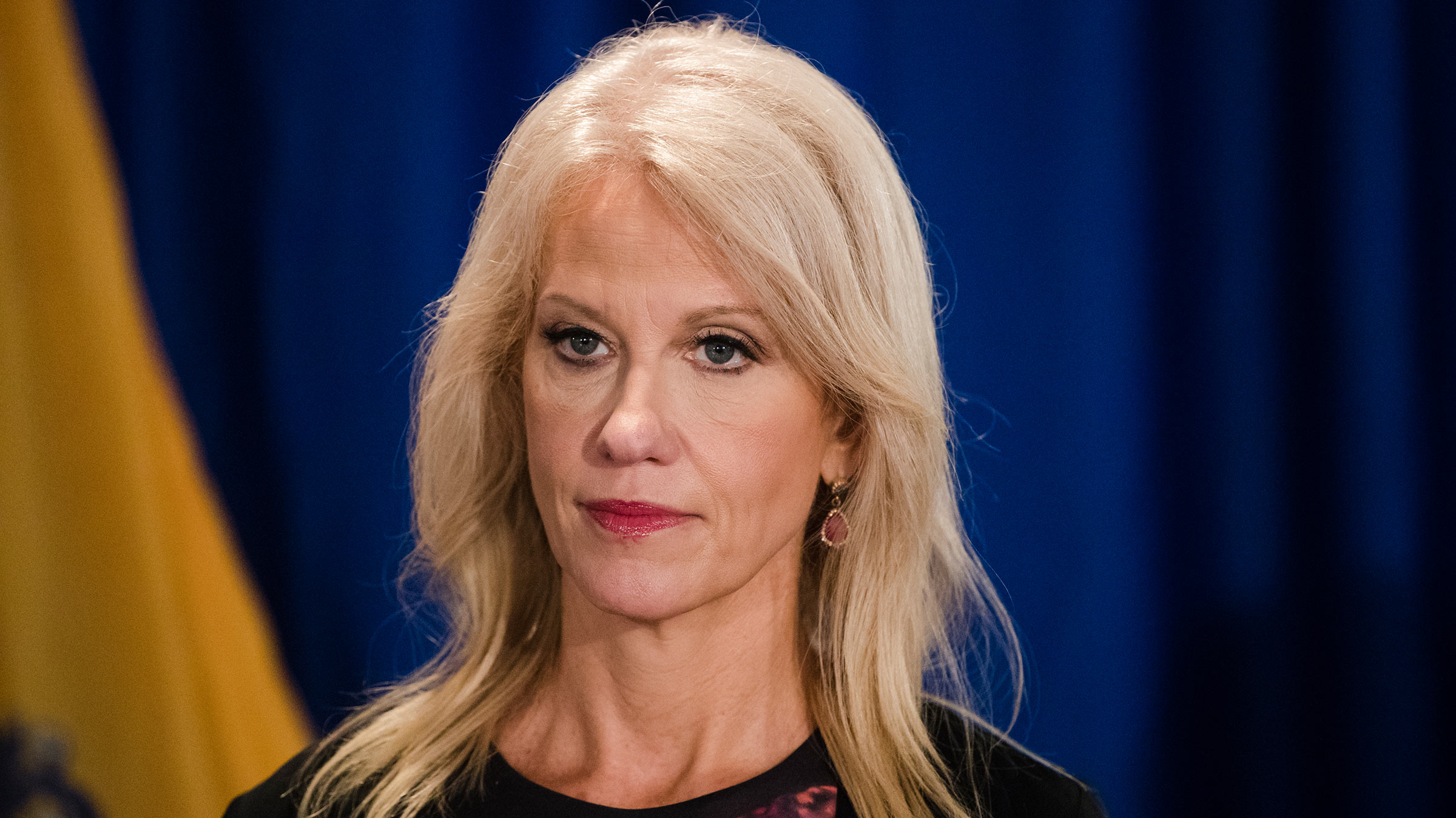For the past year, the fabulations concocted by the Trump administration have been, more or a less, a steady amusement for the media class and brooding liberals across the country. And while they are usually nauseating, and while they are, indeed, lies (no matter The New York Times‘ instance on calling them “unsubstantiated claims”), these verbal tics, often spewed by the likes of counselor to the President, Kellyanne Conway, are largely seen as an immutable quirk of an otherwise flailing presidency. Yet, outside of the American media bubble, it’s clear the rest of the world is keeping close watch on these substantial deviations from political norms (norms, it should be said, that have degraded our democratic process for decades), and they’re baffled. So baffled that a panel of German linguists have nominated the Conway’s term “alternative facts” as the most offensive word of the year.
It’s the first time an American-born term has won the dubious honor, selected based on a criteria of how much a term infringes upon human rights and democratic principles. The term was infamously used by Conway in her defense of former press secretary Sean Spice, who claimed that President Trump’s term in office began with “the largest audience to ever witness an inauguration, period.” Despite no factual evidence to buffer the claim, Conway defender Spicer’s claim with the contention that he was simply presenting “alternative facts.”
According to Google Trends, “alternative facts” is one of the most searched for terms in the USA. (It’s popularity in Germany places it at 16th.) The panel said they chose the term from over 684 defined the term as “replacing factual arguments with claims that cannot be proven.”
Previous recipients of the honor typically have no parallel translation in English. Last year, the winning entry was “Volksverräter” or “traitor of the people,” a term frequently used by right-wing and anti-immigration groups in Europe. Another notable entry took place in 1997 with the term “Wohlstandsmüll”, meaning “prosperity waste.” The term was used when Nestle’s then CEO used it to refer to a population of German society largely dependent on the country’s social welfare programs.







